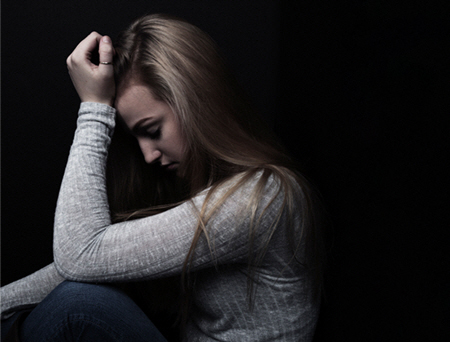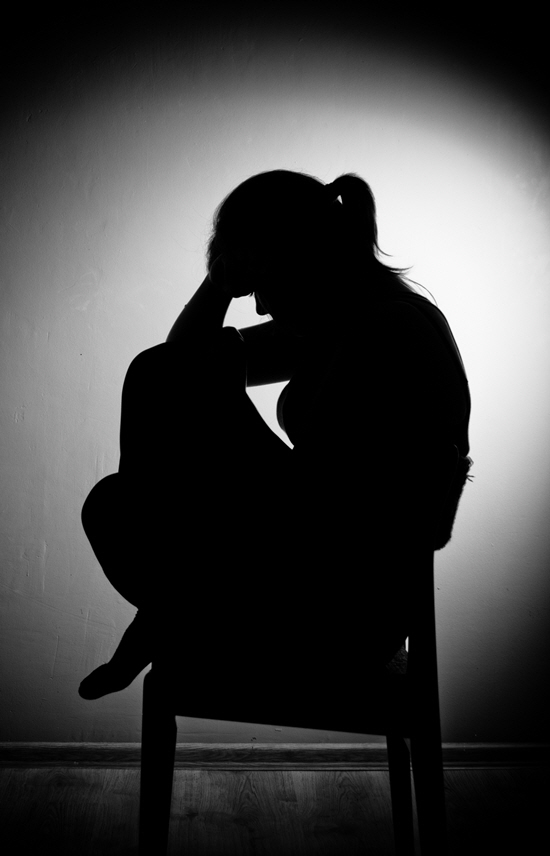 When Something Is Traumatic
When Something Is Traumatic
The word “Trauma” gets loosely thrown around these days. People say Trauma nonchalantly without understanding the true depths of what it means. There are plenty of things in this world that are painful – but it doesn’t mean they are traumatic.
For our purposes, Trauma means being exposed to death, injury, or sexual violation. Such exposures come in many forms – being threatened by, experiencing, or bearing witness to a traumatic event.
That is what I mean when I say Trauma.
When It Becomes a Problem
The keyword in Post-traumatic Stress Disorder is the order part.
Pre-trauma implies an order to things – order to the world and the way you think, act, and behave.
But after the traumatic event (or Post-Trauma), things fall out of order – or become disordered, disorganized, disheartening, and distressing.
 The Myths of Trauma
The Myths of Trauma
Trauma does not equate to PTSD. Rather, Trauma is an event, and PTSD is a reaction to that event.
Most people will experience something traumatic in their life. However, not all traumatic events create PTSD.
Most of the time (70% of the time, to be precise), people naturally resolve their feelings regarding the Trauma. It may take a few weeks to bounce back after a traumatic event (that’s normal), but people self-heal most of the time.
Why Me?
So, why do some people bounce back just fine, and other people develop PTSD? Is it because they’re weak or because they need only to suck it up and move on?
No. There’s a lot of factors correlated to non-recovery from Trauma. Some of these factors include genetics, age at the time of the event, chronicity (was it one time or did it happen repeatedly?), predictability of the event, relationship to the perpetrator (if there was one), how well you cope with change in general, and family environment growing up.
Notice something not included here. Nowhere does it list the weakness versus the person’s strength, the severity of the event, or what you could have done differently. Because contrary to what you may believe, those are not factors.
The #1 Factor
The #1 correlate to PTSD is:
Your perception of social support after the traumatic event.
Here are some questions to ask yourself. Did you feel isolated, or did you feel like people would believe you if you told them? Did you trust that you could rely on people, or were you worried that they would judge you? Could you turn to someone for help and feel like they would understand you?
The Core of Your Pain
Trauma disrupts your core sense of safety, trust, power and control, esteem, and intimacy. It disrupts your core beliefs about yourself, other people, and the world around you.
We address Trauma’s core when we look at how the event affected your beliefs about these things. Those core beliefs rippled out and touched all other areas of your life since it happened.
So now, it’s hard to have new experiences without the feelings you have from the past seeping in and affecting things.

 Recovery from PTSD
Recovery from PTSD
If relationships have the power to harm us or to block our recovery, then they also can heal us. In the context of a safe, healing relationship, therapy helps you learn to overcome PTSD.
Therapy helps you recognize the core beliefs that are keeping you stuck and blocking your path to recovery.
Through therapy, you learn the skills to override those beliefs and alter your brain’s patterns of thinking about things. These skills are practiced and fine-tuned to meet your unique needs until they become second nature. Then, we will begin to generalize the skills to address all those impacted areas of your life.
Therapy teaches you how to trust and feel safe in your own body again. Through therapy, learn how to control your life and feel better about yourself and other people.
Tap into Your Healing Power
The power to heal is within you.
Healing becomes possible by finding a person who can help you get there. I want to be that person for you.
Let’s get started now to help you find your path toward recovery.

